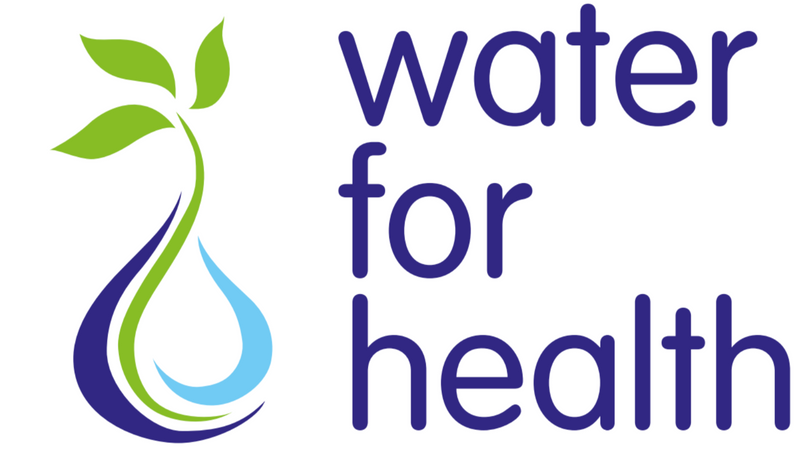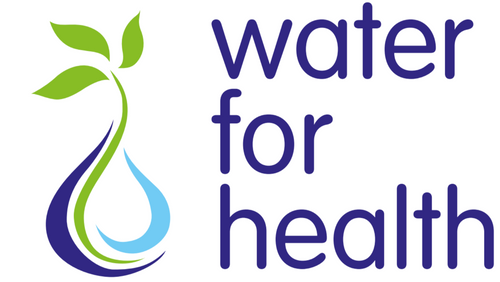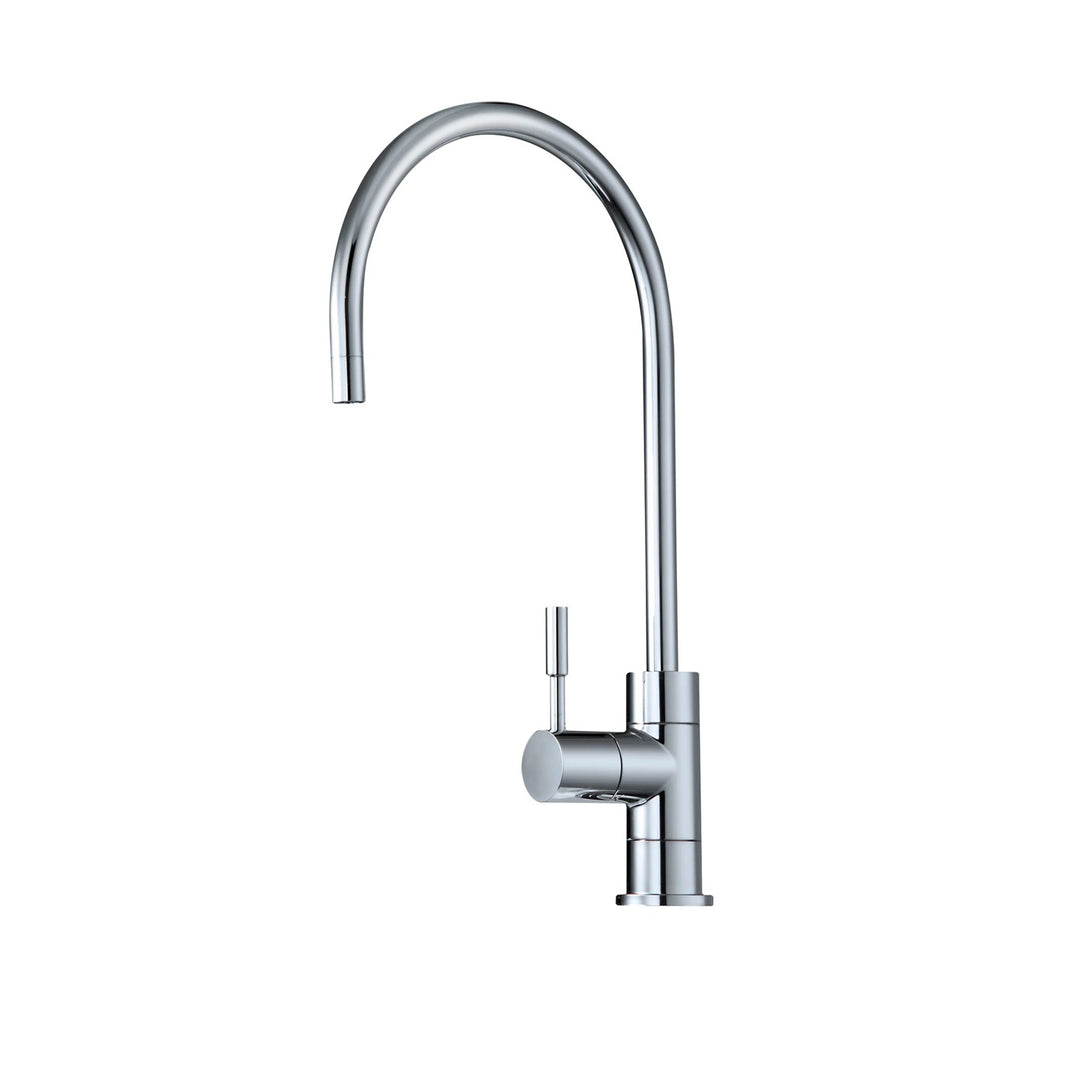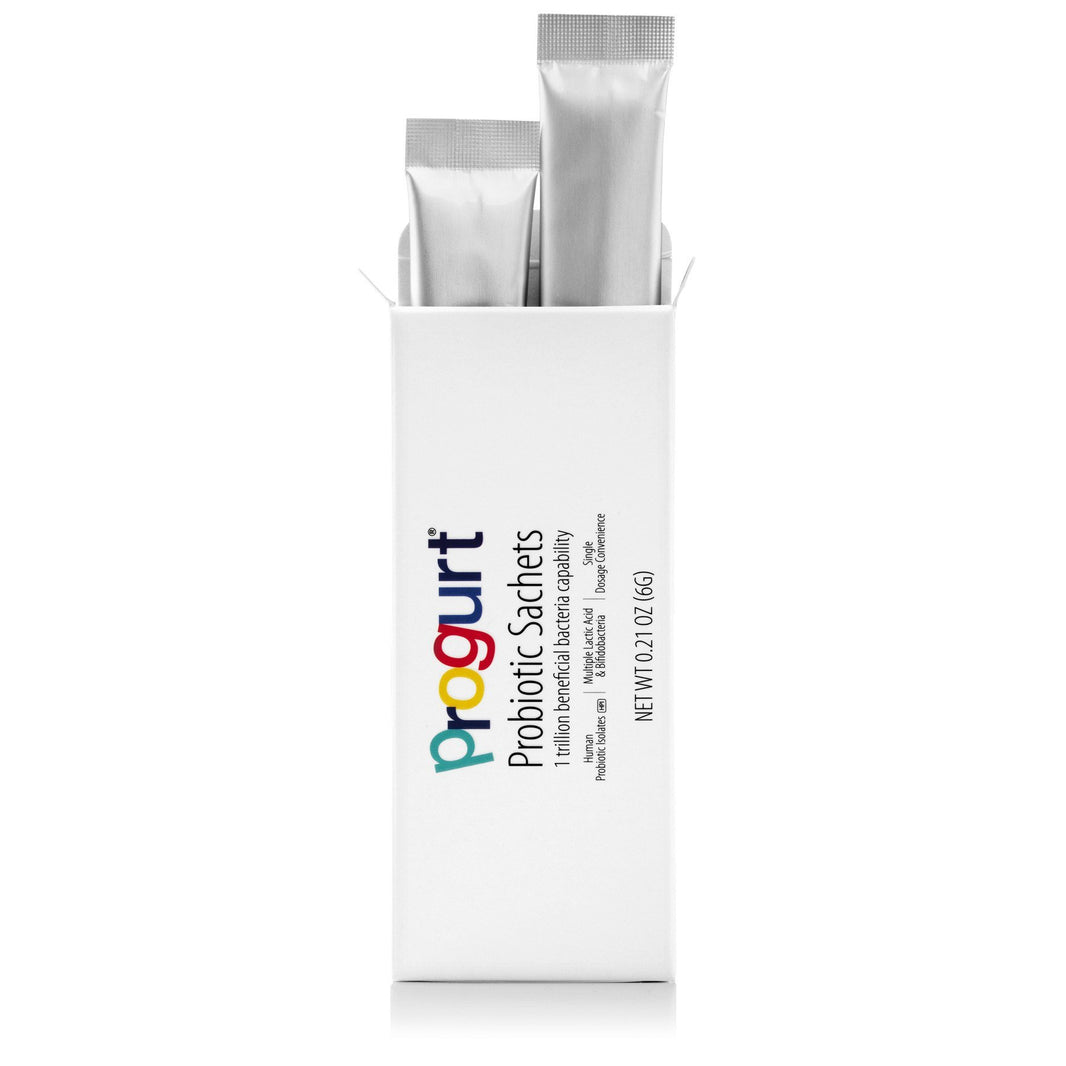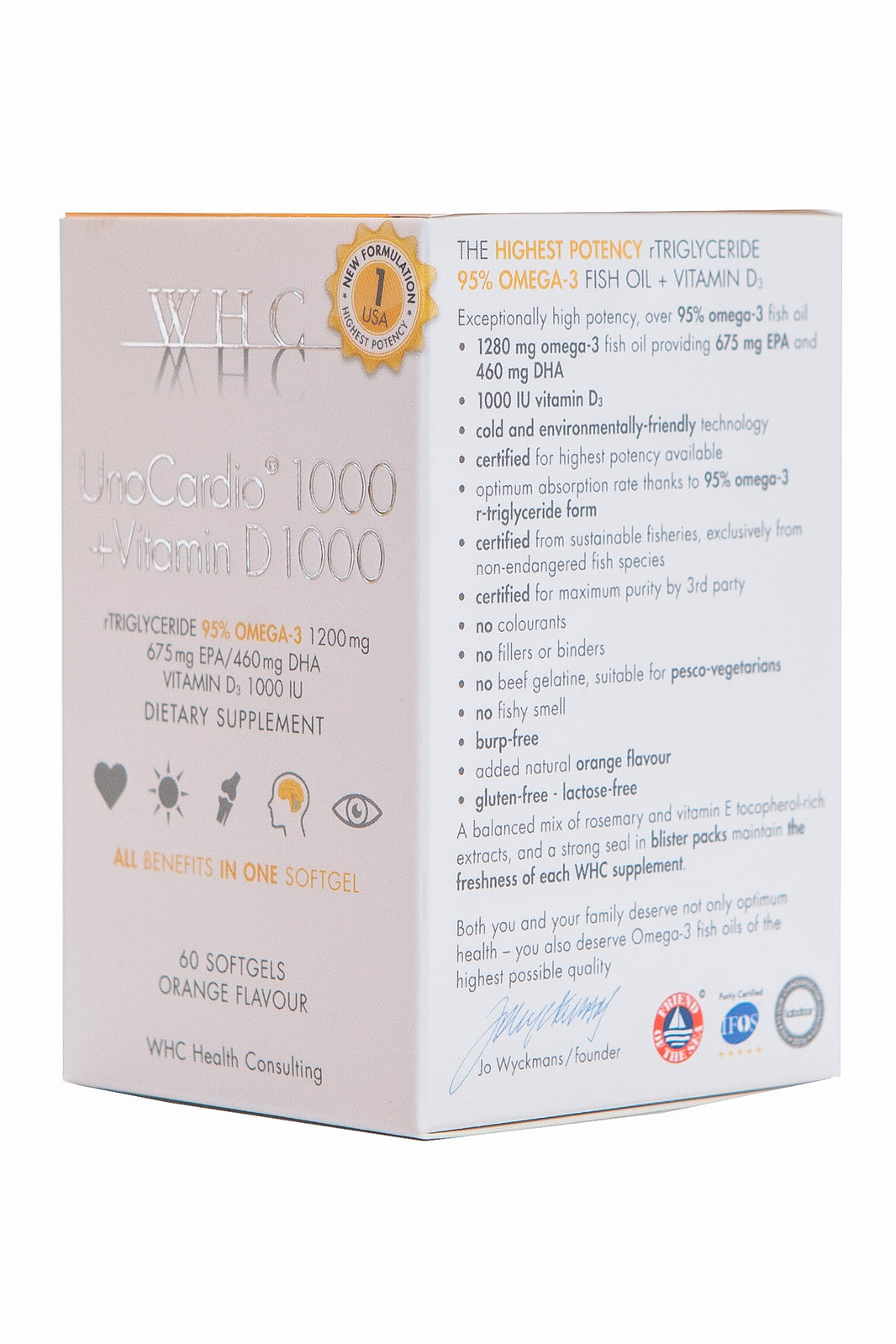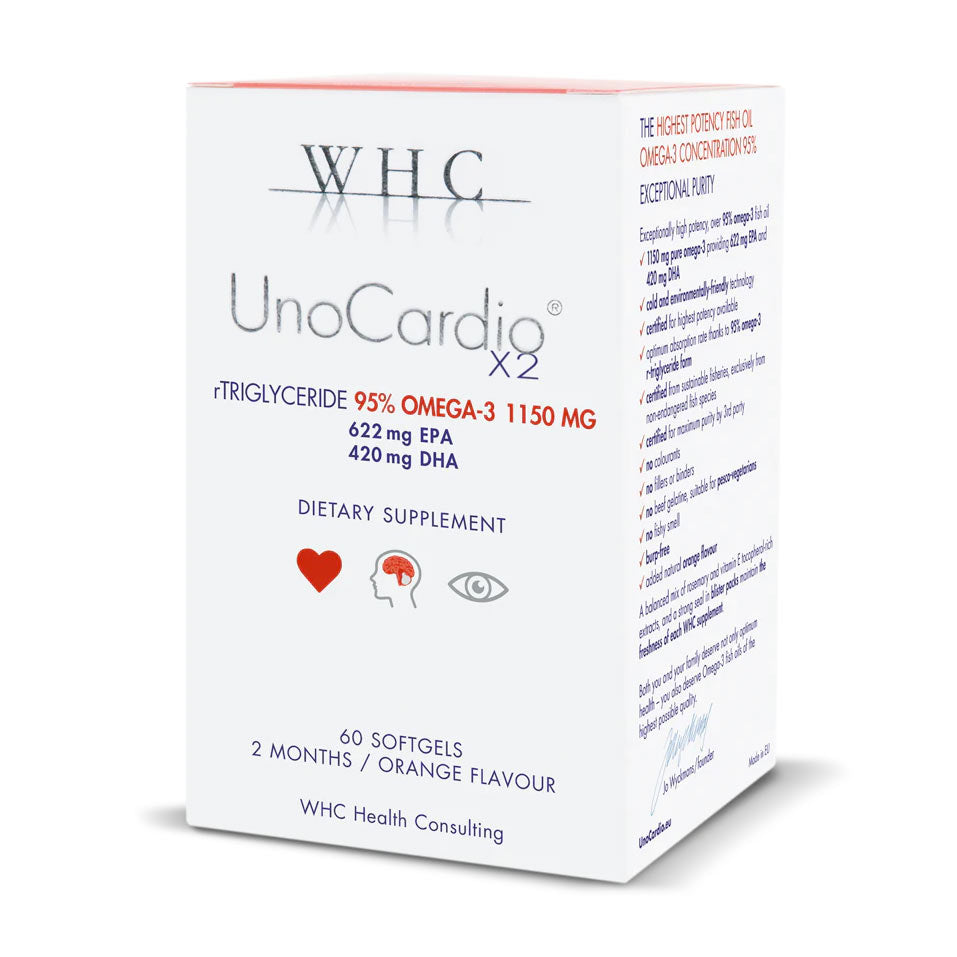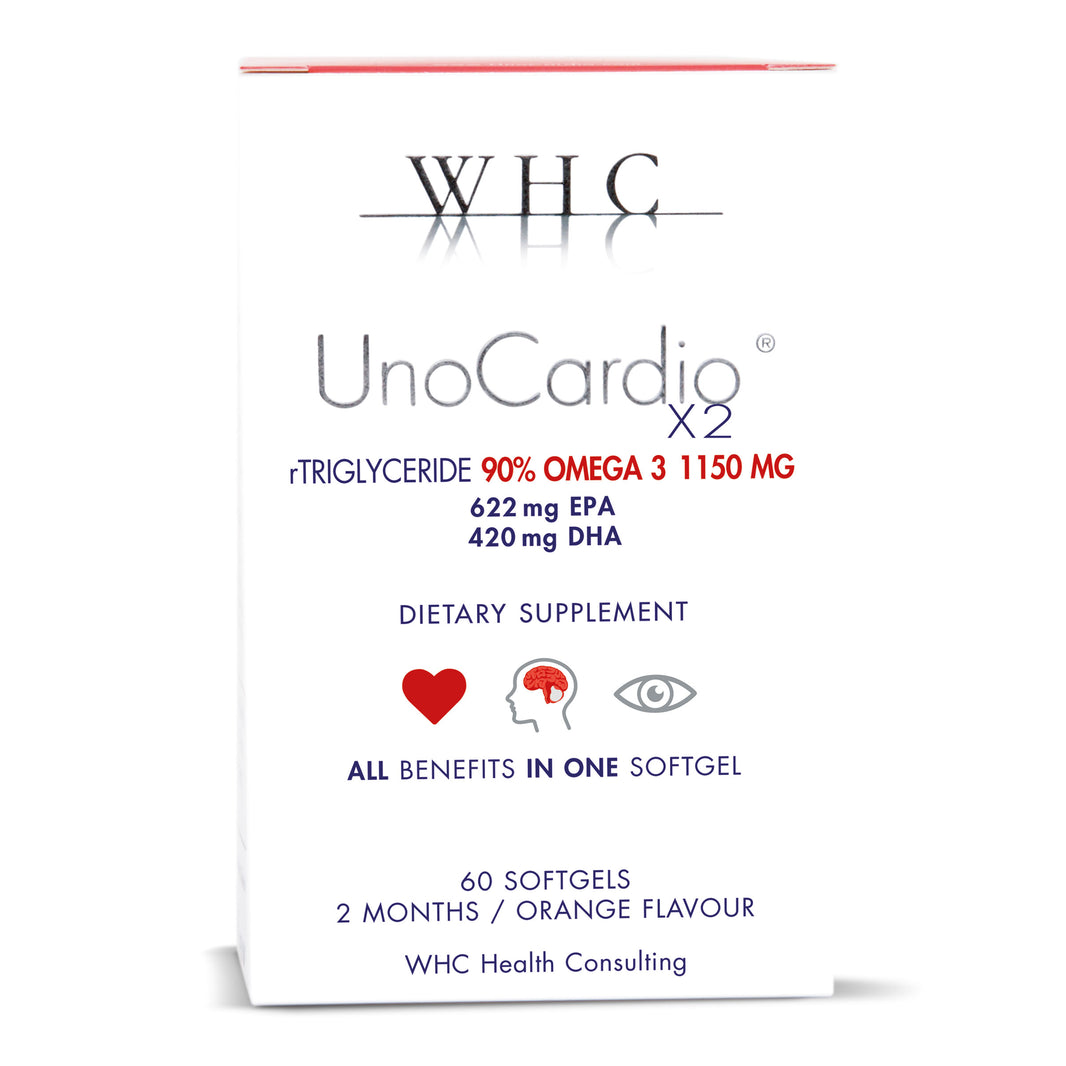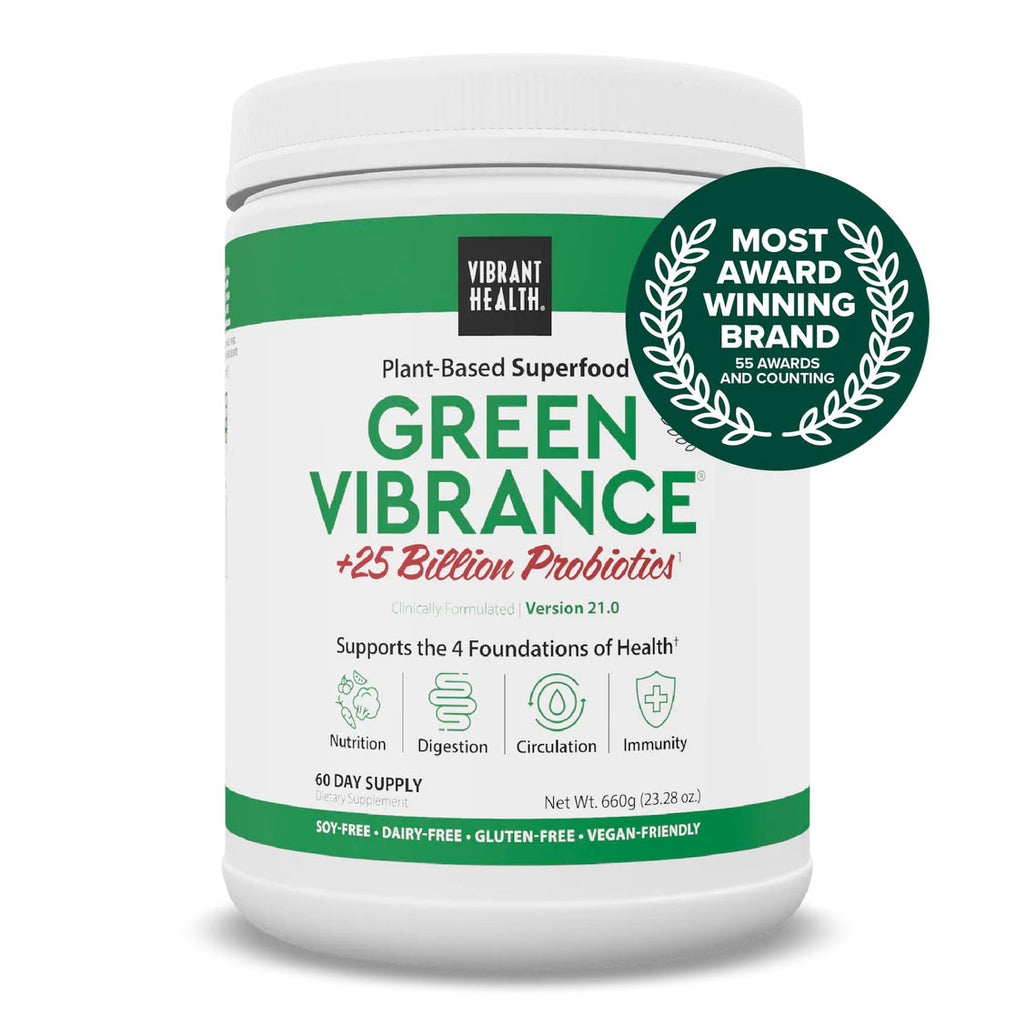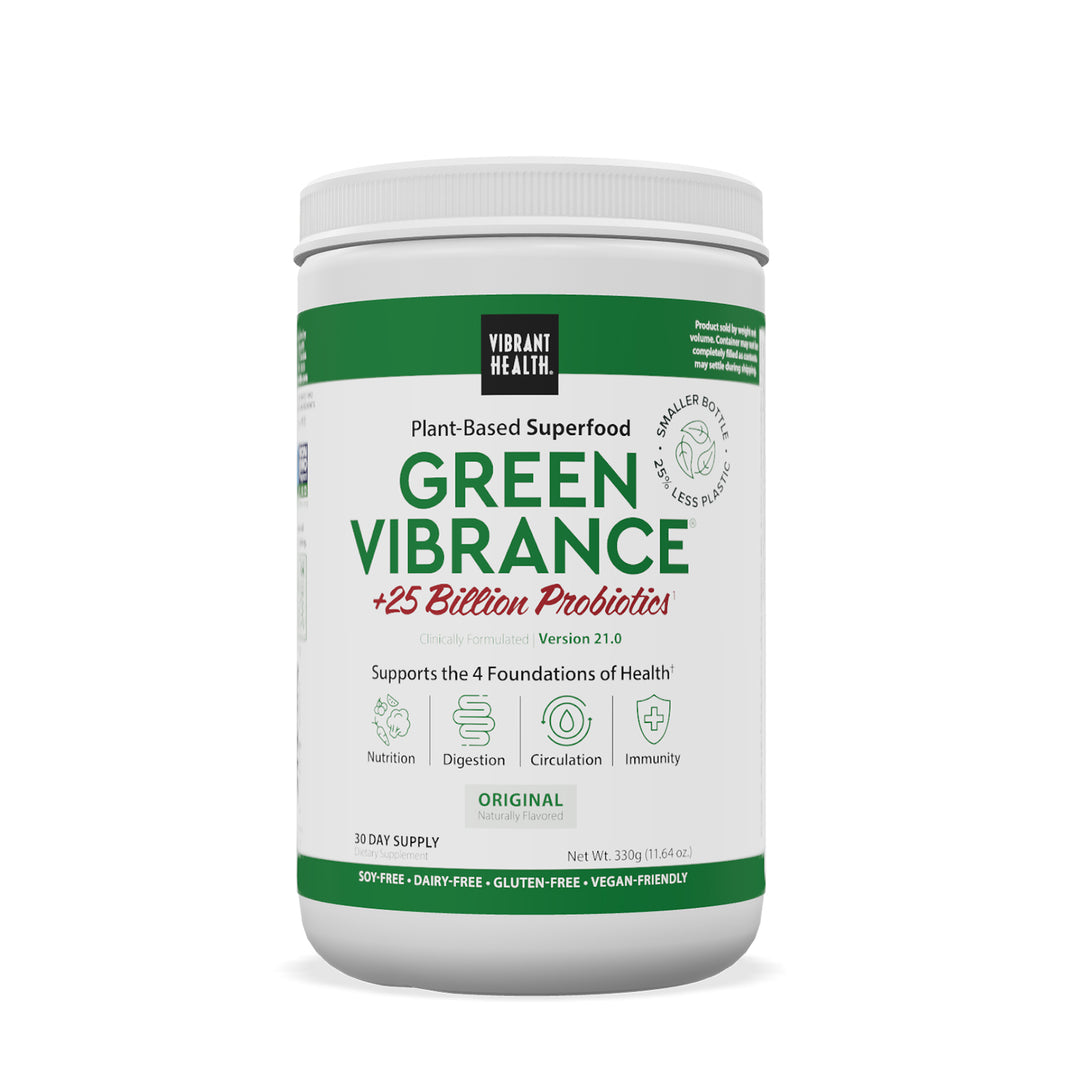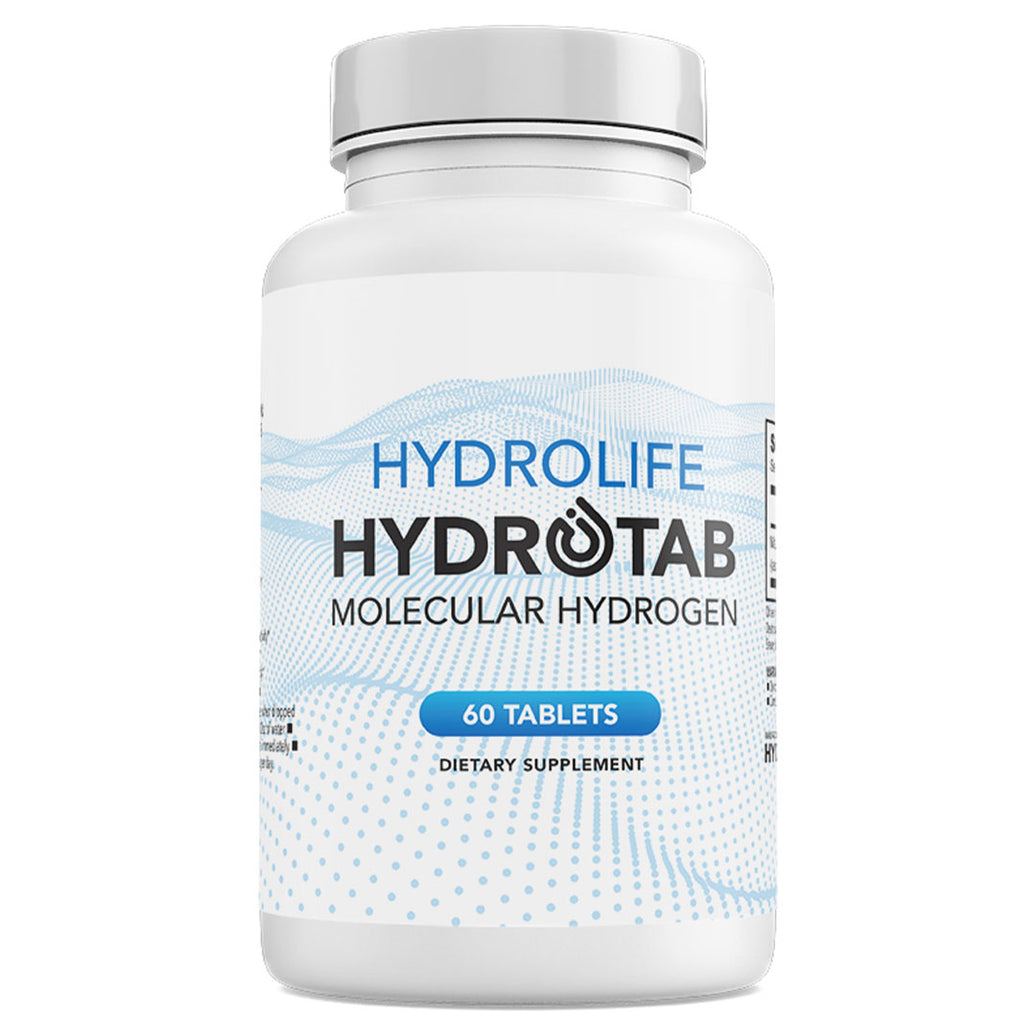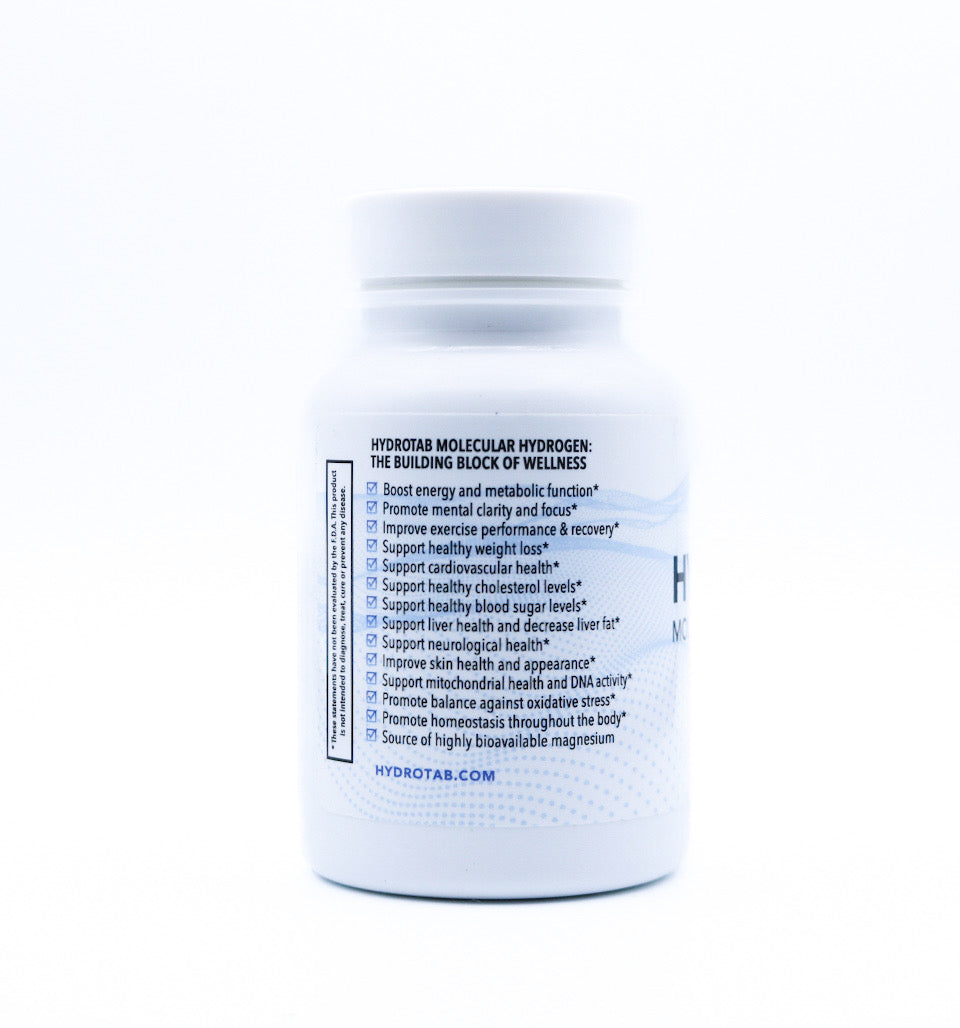Scientists have known for decades that there are substances in our tap water that are not natural components of water.
This has been detected by testing the tap water itself and by observing peculiar new health effects on the fish in our rivers (1) that feed into our tap water supplies.
For example, many fish have been found with both male and female sexual organs, and the fertility of male fish has declined to such an extent that some freshwater fish species have been extinguished.
Is there estrogen in tap water? If so, why is there estrogen in tap water? Read on to find out the answer..
The Cost of Clean Water
In 2012, researchers concluded that it would cost Britain £30 billion (2) to rid its water of oestradiol alone.
Oestradiol is a major type of estrogen that the more than 2.5 million British women on the contraceptive pill flush down their toilets and into our future water supply.
Researchers found this potent hormone in 80% of the water at the 50 sites they tested.
Unsurprisingly, neither the British government, nor the water suppliers, nor those who pay the household water bills are keen on this clean-up effort, and the pharmaceutical industry is actively lobbying against it over fears that it would have to contribute.
Studies in Europe and the United States, which probably apply equally strongly in Britain, have positively tested drinking water for a startling list of pharmaceuticals (3) such as ACE inhibitors (heart drug), antibiotics, antidepressants, beta-blockers, blood thinners, calcium-channel blockers (heart drug), carbamazepine (anti-seizure drug), digoxin, fibrates (cholesterol drugs), naproxen (an anti-inflammatory), painkillers like paracetamol and codeine, and tranquillizers.
High amounts of antidepressants have also been found in the brains of some freshwater fish, which illustrates that our quest for synthetic health comes at a steep price.
Hormones and Pharmaceuticals

At this stage, experts worry more about hormones than general pharmaceuticals – because while high concentrated levels of medication are required before our bodies are affected, small amounts of hormones can have an impact.
However, many scientists have warned that this is not necessarily true. It is true that hormones can affect the body at far lower levels than pharmaceuticals, but the impact of consuming small quantities of pharmaceuticals in our drinking water over a period of decades may still be harmful.
If you drink three litres of tap water a day, with each litre containing only nanograms of each drug, you are unlikely to consume the same amount as even one prescribed dose across your whole lifetime.
But while medical researchers may understand the effects of a one-off prescribed dose, they do not yet understand the effects of a permanent presence of the drugs in our bloodstream.
Moreover, synthetic medication consumption rises with each generation, suggesting that the amount of medication in our water will continue to increase.
Lastly, the pharmaceuticals that we are permanently consuming in our water are all mixed with one another into a new and unique chemical brew that has not been studied at all.
It is worrying that experts assume the risk to be negligible, as this precludes them from carrying out studies to prove that it is indeed harmless. At present, therefore, we cannot emphatically conclude that the chronic consumption of pharmaceuticals in our drinking water is safe (4)
Examples of Hormones in Tap Water
Estrogen in Tap Water
Estrogen is a group of steroid hormones which promote the development and maintenance of female characteristics of the body.
They appear in our drinking water primarily in the form of oestradiol, the most potent form of estrogen, and these hormones enter the water supply chiefly through the oral contraceptive pill which women excrete in their faeces and urine.
One concern centres on the effects that the chronic intake of this hormone can have on the sexual development of pre-pubescent children, whose bodies rely on the presence of carefully regulated amounts of male and female hormones to develop the appropriate sexual characteristics at the appropriate time.
Another concern is the effect they have on men, who may develop more breast tissue than their peers in previous generations and may struggle with abnormal prostate development (5) and functioning.
Since these hormones seem to cause infertility in fish, some medical authorities are becoming concerned that they may also cause infertility in humans.
Furthermore, some findings have supported the conclusion that they may be responsible for aggressive behaviour (6) in men.
Progesterone – A Very Active Hormone
+Progesterone is a hormone released by the female body that helps to regulate the menstrual cycle, plays an important role in the development of the mammary glands, and stimulates the uterus to prepare for pregnancy. It is also found in the male body.
Among its many functions, progesterone aids the normal development of neurons in the brain, regulates neurotransmission in the nervous system, relaxes smooth muscle throughout the body, combats inflammation, helps regulate the pancreas’ release of insulin, reduces gallbladder function, boosts the operations of serotonin receptors in the brain that can potentially make it a positive mood drug, and so on.
A high proportion of body tissue contains progesterone receptors, which suggests that it’s a highly active hormone.
As a drug, progesterone is prescribed to prevent pregnancy, to induce immediate abortion, and to delay menstruation. It is even being investigated as a treatment for certain types of epilepsy and multiple sclerosis.
The effects of artificially elevated levels of this hormone are poorly studied and therefore badly understood, but with so many receptors and so many functions, the effects could be far-reaching.
The Effects of Testosterone
Testosterone is produced by both male and female bodies, but occurs in much larger amounts in male bodies, aiding in the development of physical male sexual characteristics.
It also plays a role in the synthesis of proteins, such as in muscle tissue. Female bodybuilders consuming testosterone to build muscle, for instance, run the risk of deepening their voices and promoting facial hair.
High amounts of testosterone have also been associated with characteristics like risk-taking (7) behaviour in both men and women, menstrual irregularities (8) in women, larger brains (9) in men, and aggression and anti-social behaviour (10) in both genders (and also in children).
At present, the U.S. Federal Drug Administration (FDA) requires that all drugs containing testosterone carry a warning that they may cause thrombosis and pulmonary embolism.
Glucocorticoids – Regulated for a Reason
Glucocorticoids are a group of steroid hormones that include cortisol and dexamethasone.
There are few functions in the body in which these hormones are not involved. They support the immune system, help the body absorb blood glucose (or sugar) and act on the brain to generate emotion and cognition – but only in their required amounts as regulated by our bodies.
An excess of glucocorticoids can have seriously adverse effects, which is why they are strictly regulated and available almost exclusively as prescription medicines.
It’s easy to verify this: simply consult the long list of potential side effects on any medicine containing glucocorticoids, cortisone and cancer drugs!
Glucocorticoids can cause weight gain and even diabetes by increasing the body’s resistance to insulin, by depositing fat and by stimulating appetite.
They can cause a decrease in bone density and even osteoporosis by blocking (11) the body’s absorption of calcium; impair memory and attention; compromise the immune system (12) by blocking some of its cells from functioning, thereby rendering you more susceptible to a wide range of infections.
As well as compromising our hormonal health, they can even cause a loss of muscle density (13) and strength.
What Can I Do?
It’s simple: do not flush expired or unwanted drugs down the toilet. Locate a pharmacy near you that sends expired drugs back to drug manufacturers for proper disposal, and ask them to include yours with their normal supplies. Alternatively, throw them in the bin – but only after removing the label, crushing them, and mixing them with kitty litter or used coffee grounds. They will then be unpalatable to trash scavengers and will hopefully be incinerated at a landfill.
Stop supporting the meat and dairy industry by adopting a plant-based diet, or eat only certified organic, farm-reared animals. Even though the European Union has banned the provision of growth hormone to farm animals to fatten them up prior to slaughter, all hormones have not been banned except in organically-farmed animals. Moreover, these industries use huge quantities of to treat millions of farm animals against illness and infections; and many of these same pharmaceuticals end up in our water.
Boiling your tap water will not get rid of hormones and other pharmaceuticals.

Buying bottled water is not the solution either, as it is either taken from the municipal water supply or from natural sources that might be contaminated with the same substances through the soil into which they drain. Not to mention the environmental consequence of using plastic bottles!
Microplastics have also been found in 90% of bottled waters, raising questions over just how healthy bottled water is.
Your best bet, by far, is to invest in a water filter that removes hormones from your tap water.
One such system is the Energy Plus Water System.
Not only does the 4-stage filter eliminate harmful hormones, but it removes heavy metals, chemical compounds and other contaminants such as bacteria, chlorine, fluoride, chloramine, nitrates, herbicides and glyphosate.
What’s more, the Energy Plus elevates the pH of the water, making it alkaline, and its bioceramic minerals stimulate the release of small amounts of active molecular hydrogen, an emerging antioxidant.
Thus, you can get good-quality filtered water from the tap with the added benefits of an alkaline pH and the oxidation reduction associated with hydrogen-rich water.
Conclusion
Hopefully this article has resonated with you. We’re always keen to make people aware of the benefits of drinking clean water. In fact, this was the guiding motivation behind our starting the business 10+ years ago.
Though you will be told time and time again that tap water is perfectly fine, and while we agree that you’re unlikely to immediately fall ill from drinking such water, it is not ideal for the body for the reasons cited above. There is estrogen in tap water, along with other hormones and pharmaceuticals.
If you’d like to learn more not only about hydration but also nutrition, why not check out our free ebook, “The Simple Steps to Optimum Health.” Over the course of 60 pages we delve into topics such as stress, alkaline balance, digestion, detoxification and exercise.
We all want to live long, healthy, energised lives, but improving your overall wellbeing requires a joined-up approach. Our ebook outlines recommended steps to nurture a healthier you.
Written by Amy Morris, BSc (Hons) Nutritional Therapy. Amy has been a nutritional therapist for 12 years, specialising in recent years as a functional medicine nutritional therapist. Women’s health, and pre-diabetes and type 2 diabetes prevention are Amy’s specialist areas. Diagnosed with a chronic condition called endometriosis at age 20, this is what motivated Amy to study nutrition. Amy has been in remission for 6 years now, attributing powerful nutrition, lifestyle and bio-identical hormone strategies she now shares with her clients. https://www.instagram.com/greathealthnaturally/
Water for Health Ltd began trading in 2007 with the goal of positively affecting the lives of many. We still retain that mission because we believe that proper hydration and nutrition can make a massive difference to people’s health and quality of life. Click here to find out more.
Water for Health Ltd sell a range of quality Water Filtration Systems and are happy to discuss the best system for your particular needs.
Updated 28.10.24
Sources
1. Jobling S, Williams R, Johnson A, Taylor A, Gross-Sorokin M, Nolan M, Tyler CR, van Aerle R, Santos E, Brighty G.(2006) Predicted exposures to steroid estrogens in U.K. rivers correlate with widespread sexual disruption in wild fish populations. Environ Health Perspect. 2006 Apr;114 Suppl 1(Suppl 1):32-9. doi: 10.1289/ehp.8050. PMID: 16818244; PMCID: PMC1874167. https://pmc.ncbi.nlm.nih.gov/articles/PMC1874167/
2. Owen, R., Jobling, S. The hidden costs of flexible fertility. Nature 485, 441 (2012). https://www.nature.com/articles/485441a
3. Ensia (University of Minnesota's Institute on the Environment) (2015). What to do about the antidepressants, antibiotics and other drugs in our water. https://ensia.com/features/what-to-do-about-the-antidepressants-antibiotics-and-other-drugs-in-our-water/
4. Daughton CG, Ternes TA. Pharmaceuticals and personal care products in the environment: agents of subtle change? (1999) Environ Health Perspect. 1999 Dec;107 Suppl 6(Suppl 6):907-38. doi: 10.1289/ehp.99107s6907. PMID: 10592150; PMCID: PMC1566206. https://pmc.ncbi.nlm.nih.gov/articles/PMC1566206/
5. Gooren LJ, Toorians AW.(2003) Significance of oestrogens in male (patho)physiology. Annales D'endocrinologie. 2003 Apr;64(2):126-135. PMID: 12773948. https://europepmc.org/article/med/12773948
6. Kiran K. Soma, Melissa-Ann L. Scotti, Amy E.M. Newman, Thierry D. Charlier, Gregory E. Demas (2008),Novel mechanisms for neuroendocrine regulation of aggression. Frontiers in Neuroendocrinology,Volume 29, Issue 4,2008,Pages 476-489,ISSN 0091-3022. https://www.sciencedirect.com/science/article/pii/S0091302207000751
7. Sapienza P, Zingales L, Maestripieri D. (2009) Gender differences in financial risk aversion and career choices are affected by testosterone. Proc Natl Acad Sci U S A. 2009 Sep 8;106(36):15268-73. doi: 10.1073/pnas.0907352106. Epub 2009 Aug 24. PMID: 19706398; PMCID: PMC2741240. https://pmc.ncbi.nlm.nih.gov/articles/PMC2741240/
8. Sari M.Van Anders, Neil V. Watson.(2006) Menstrual cycle irregularities are associated with testosterone levels in healthy premenopausal women. American Journal of Human Biology. https://doi.org/10.1002/ajhb.20555
9.Lisbeth Marner, Jens R. Nyengaard, Yong Tang, Bente Pakkenberg. (2003) Marked loss of myelinated nerve fibers in the human brain with age. The Journal of Comparative Neurology. https://doi.org/10.1002/cne.10714
10. ANGELA SCARPA SCERBO, DAVID J. KOLKO,Salivary Testosterone and Cortisol in Disruptive Children: Relationship to Aggressive, Hyperactive, and Internalizing Behaviors,Journal of the American Academy of Child & Adolescent Psychiatry,Volume 33, Issue 8,1994,Pages 1174-1184,ISSN 0890-8567 https://www.sciencedirect.com/science/article/pii/S0890856709641228
11. C. Gennari. (1993) Differential Effect of Glucocorticoids on Calcium Absorption and Bone Mass, Rheumatology, Volume 32, Issue suppl_2, May 1993, Pages 11–14, https://doi.org/10.1093/rheumatology/32.suppl_2.11
12. Maurizio Cutolo, Bruno Seriolo, Carmen Pizzorni, Maria Elena Secchi, Stefano Soldano, Sabrina Paolino, Paola Montagna, Alberto Sulli. (2008) Use of glucocorticoids and risk of infections,Autoimmunity Reviews,Volume 8, Issue 2,2008,Pages 153-155,ISSN 1568-9972 https://www.sciencedirect.com/science/article/pii/S1568997208001225
13. Ahmad Pazirandeh, Yintong Xue, Tore Prestegaard, Mikael Jondal, Sam Okret. (2002) Effects of altered glucocorticoid sensitivity in the T-cell lineage on thymocyte and T-cell homeostasis. https://faseb.onlinelibrary.wiley.com/doi/abs/10.1096/fj.01-0891fje
